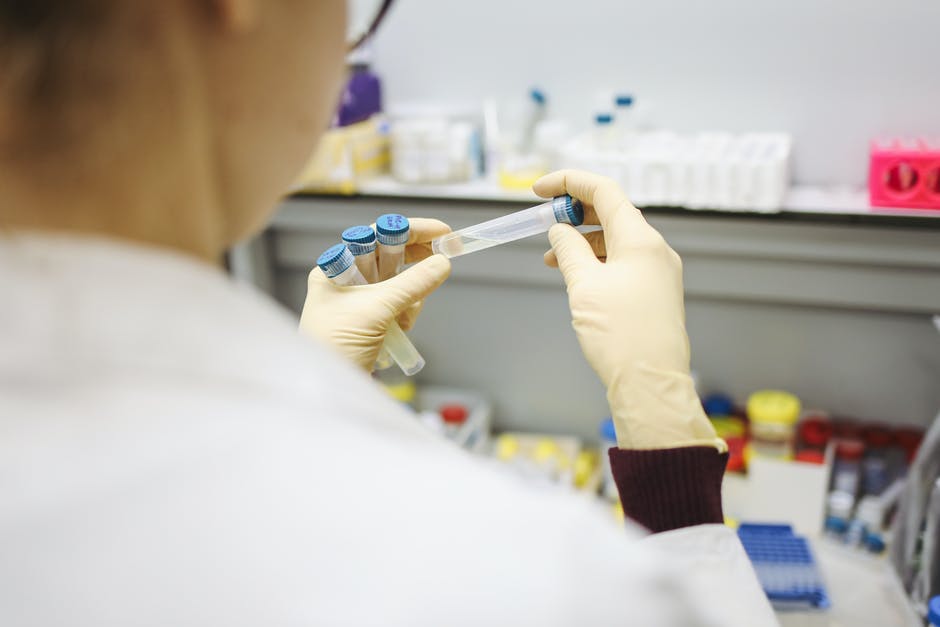COVID-19 Important Updates for Medical Trials

Every medication receives a trial by fire. Doctors tinker in the lab for years, then present their drug to other doctors. Doctors subject that drug to a long series of tests, and only then is that drug brought to the public.
COVID-19 has turned these protocols on their head. Doctors around the world have stopped what they are doing. They are now working around the clock to cure COVID.
Yet medical trials remain essential. Here is a quick guide to COVID-19 medical trials.
Medical Trials During the Pandemic
In the midst of COVID, it is easy to forget that cancer and heart disease are among us. Those diseases kill just as many people as COVID. People with those conditions die from COVID more than people without them.
But doctors across the world have suspended eighty percent of medical trials. Medical trials place sick patients in close contact with doctors. Since COVID spreads through close contact, trials are unsustainable.
Many laboratories have shut down, and specialists have been pulled away to help with COVID. Even when COVID is cured, trials will be delayed. Researchers will need to rebuild their expertise, which may take several years of training.
The doctors who are conducting medical trials are taking safety measures. Doctors wear protective gear with thick facemasks to prevent infection. Patients who have COVID symptoms are not admitted into the trials.
COVID Vaccines
Despite the general shutdown, medical trials for COVID vaccines are happening. Scientists have published more than 3,700 studies relating to COVID treatments.
Neither the World Health Organization nor the Food and Drug Administration has approved a vaccine for COVID. But many potential vaccines have reached advanced stages of medical tests.
Ten vaccines have reached Phase III. Phase III means that vaccines have worked in small groups of patients, providing better treatments than placebos.
The vaccines will now be submitted to a double-blind study, in which neither the doctor nor the patient knows what treatment the patient is receiving. The study organizers pick patients at random, with one group receiving the vaccine and the other group receiving a different treatment. The two groups are then compared to each other.
This phase may take several months, though doctors and governments have sped up testing. Dozens of more vaccines are in Phases I and II.
COVID Meds
Numerous medications for COVID are in medical trials. These medications will not cure COVID, but they can reduce COVID’s duration and manage its symptoms.
Remdesivir was the first treatment that the FDA approved. Remdesivir is an antiviral medication that is injected into a vein. Medical trials showed it can reduce the recovery time from COVID, but other trials have challenged that conclusion.
Hydroxychloroquine is a medication that fights malaria. The FDA briefly approved it for COVID treatments, but the FDA withdrew its approval after medical trials showed it can cause heart problems.
Gimsilumab is an antibody that boosts auto-immune cells. It has shown promise in Phase I medical trials, and Phase II trials for it are ongoing.
Stay Updated on COVID
Medical trials determine so much in medicine. But now COVID determines everything.
Non-COVID trials have shut down. Specialists in cancer and other diseases are now working on COVID. Thousands of trials have taken place all over the world, but none have produced a vaccine or reliable treatment for COVID.
Do not get discouraged. Medicine is all about trial and error. Remain informed on the latest trials and follow our coverage.
